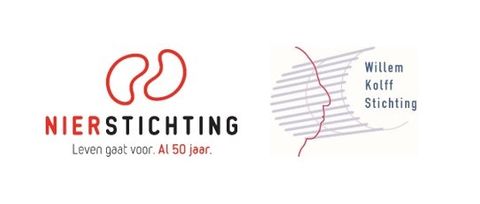DKF Kolff+ Success Accelerator Grant for improved kidney transplant diagnostics using AI

The Dutch Kidney Foundation awarded Jeroen van der Laak a Success Accelerator Grant for the project entitled ”DIAGGRAFT: leveraging artificial intelligence technology for accurate quantitative histological diagnostic assessment of transplant renal biopsies”.
With a 2.5-fold increase in kidney transplantations over the past 25 years, preserving allografts is of utmost importance for both individual patients and the population at large. Therefore, early detection and treatment of processes detrimental for graft failure (e.g., rejection) is critical to maximize graft survival and patient wellbeing. Histopathologic assessment of biopsies remains the gold standard for diagnosing allograft rejection. However, the current diagnostic classification system possesses considerable observer variability, is mostly qualitative, and lacks granularity in key areas, therefore challenging biopsy assessment.
The DIAGGRAFT project builds upon former research by Meyke Hermsen, Jeroen van der Laak, Bart Smeets, and Luuk Hilbrands, which was aimed at the development of deep learning for automated assessment of histopathologic features in kidney tissue. In the current project, these networks will be further prepared for diagnostic use. Secondly, Jeroen van der Laak and his team will organize an international competition, similar to the highly successful PANDA and CAMELYON grand challenges, for which a large, annotated, multi-center data set will be provided to participants with the goal to collectively yield an inflammatory cell detection network based on state-of-the-art techniques. Finally, the deep learning networks will be validated on a large patient cohort, originating from 6 medical centers (Radboudumc (The Netherlands), Amsterdam UMC (The Netherlands), UZ Leuven (Belgium), the Medical University of Vienna (Austria), the Mayo Clinic (Rochester, United States), and the Emory University Hospital (Atlanta, United States)) and scored by 9 pathologists. With this project, the researchers aim to develop powerful deep learning-based tools for future-proof renal transplant histopathology, and to validate these tools for implementation in routine diagnostics.
← Back to overview